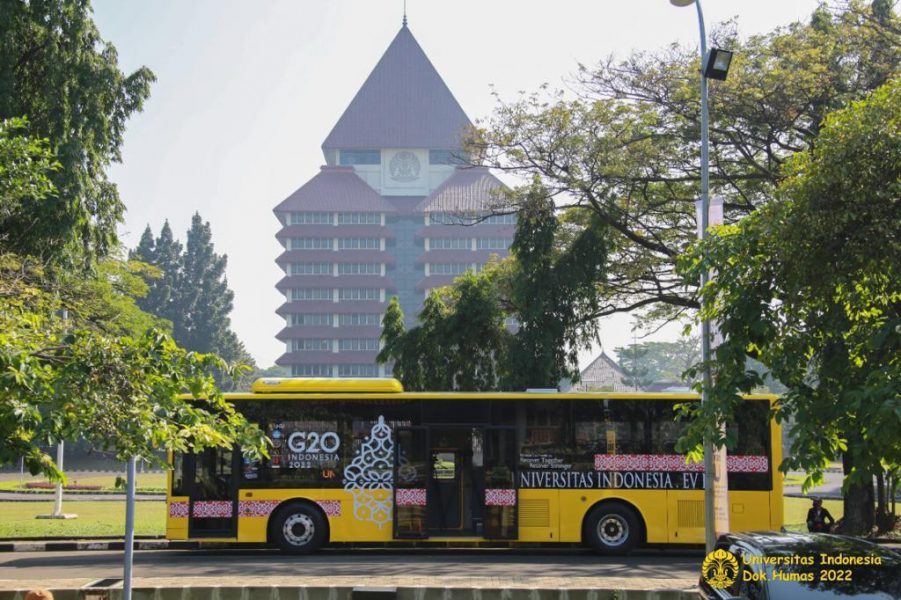HSE University Develops Cooperation with Universities in Indonesia

HSE University will develop and strengthen its cooperation with leading Indonesian universities. HSE Vice Rector Victoria Panova visited the largest island state in the world and held talks with the administration of four leading institutions.
As a result, HSE University and the University of Indonesia—the leading university in the country and the Asia-Pacific region—agreed to expand the partnership with HSE University’s campuses in Moscow, Perm and Nizhny Novgorod, support the study of the Russian language in Indonesia, and cooperate in the development of joint degree programmes and courses.
In addition, HSE University students will be able to receive grants from the University of Indonesia to participate in student mobility programmes. The universities also decided to cooperate in the Global Innovation Index developed by experts of the Institute for Statistical Studies and Economics of Knowledge.
HSE University will also cooperate with the Bandung Institute of Technology, Indonesia's leading technological university. The parties agreed to sign a memorandum of understanding. The universities plan to develop joint courses and mobility programmes for students and teachers.
HSE University will also develop exchange and degree programmes with the National Resilience Institute (Lemhannas RI), a key institute for training government employees in Indonesia.

As part of her working trip, Victoria Panova visited the Mahatma Gandhi International School. Graduates of the school study in foreign languages and go on to attend leading world universities. The parties agreed to support the Russian language and promote HSE University degree programmes.

As Russia's ‘sherpa’ in the Women's Twenty (W20), Victoria Panova also led the Russian delegation at the group's summit, which was held on July 19–21 on Lake Toba. The Russian delegation advocated the need for larger involvement of women in the economy, expanding access to education and retraining—especially for women in rural areas and women with disabilities—and also shared Russia's best practices in this area.

